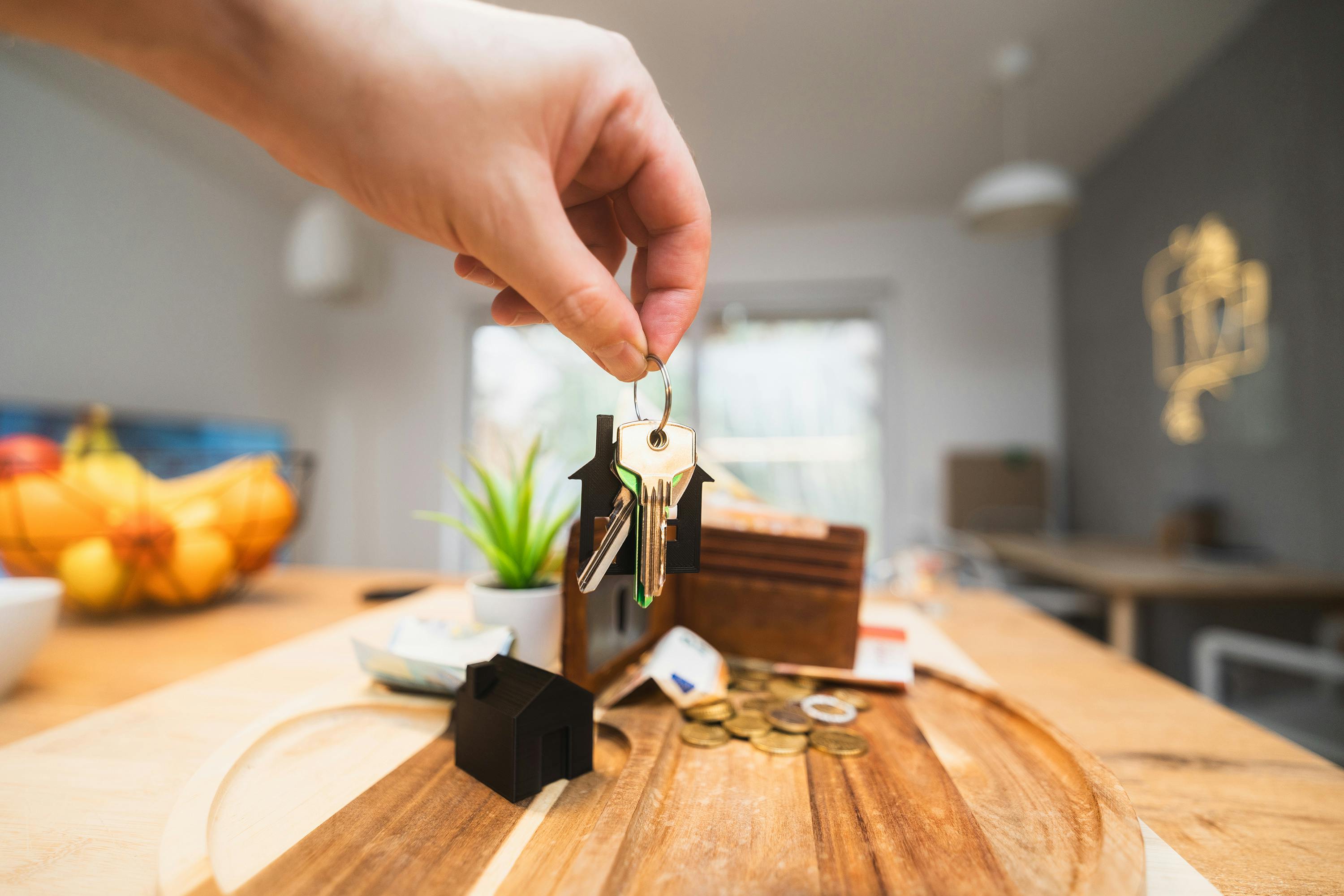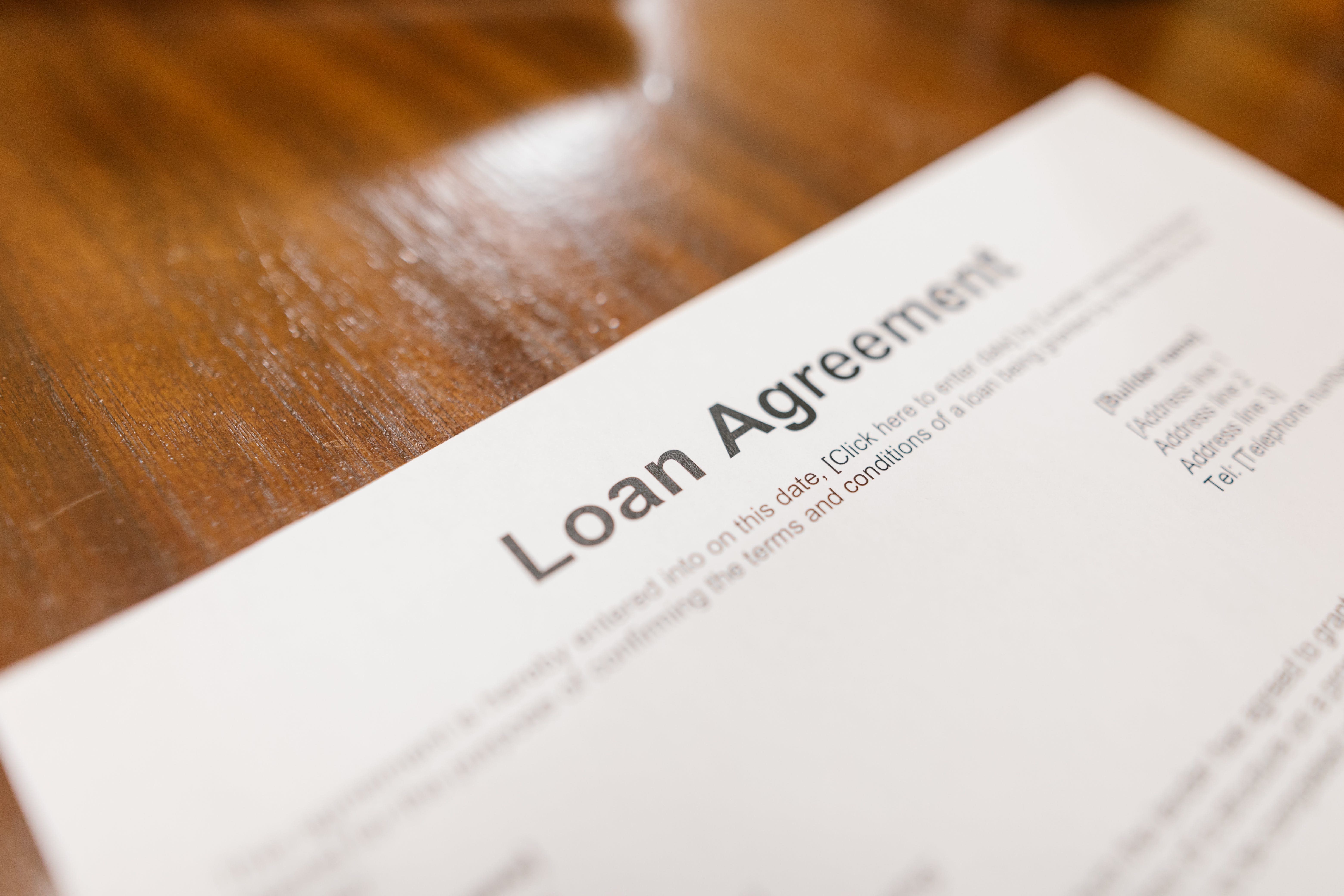January 12, 2024
Should You Choose a Fixed-Rate Mortgage Now? Expert Tips Inside
Deciding on the right mortgage can feel like navigating a labyrinth, can't it? With interest rates bobbing up and down, you're probably wondering if now's the time to lock in a fixed-rate mortgage. It's a big decision, and with the housing market's twists and turns, getting it right could save you a bundle.
Why is this topic buzzing right now? Well, with economic shifts and the Bank of England's latest moves, there's a lot of chatter about the best mortgage strategies. You're smart to consider your options, and a fixed-rate mortgage might just be your financial anchor in these unpredictable times.
Are you ready to dive into the world of mortgages and interest rates? Let's break down the pros and cons, and see if securing a fixed-rate mortgage now is your ticket to long-term peace of mind. Keep reading to get the lowdown on making the smartest move for your future home sweet home.
Pros and Cons of a Fixed-Rate Mortgage

When you're wading through the sea of mortgage options, a fixed-rate mortgage might look like a safe harbor in the midst of choppy financial waters. But hang on, don't throw your anchor overboard just yet! Let's breakdown what this really means for you.
Fixed-rate mortgages have their upsides. Imagine you're locked into a gym membership at a fantastic rate. No matter how popular the gym gets or how many new machines they add, your fees don’t budge. That's the beauty of a fixed-rate mortgage – your monthly payments remain unchanged for the duration of the term, regardless of interest rate swings. Handy, right? Especially if you like to plan your budget and stick to it.
ProsConsPredictable repaymentsHigher initial interest ratesStability during economic volatilityLess benefit if interest rates dropProtection from rising interest ratesLimited flexibility
But a fixed-rate mortgage isn't for everyone. Consider it the all-you-can-eat buffet of the mortgage world. It's appealing at first, but you might pay for more than you need. Due to typically higher initial interest rates compared to variable-rate mortgages, your payments at the start could be heftier. Plus, if the Bank of England decides to drop rates, you won’t see those savings reflected in your repayments.
And let's not forget the little matter of flexibility. Fixed-rate mortgages often come paired with early repayment charges. If you decide to overpay or switch mortgages before your term ends, you could incur extra costs that eat into the savings you’ve made.
So, what are some common misconceptions? Perhaps the biggest is the notion that fixed-rate is always the safest option. While it offers stability, it doesn't always result in paying the least amount of interest over time. You've got to weigh the security against the potential for interest rates to change in your favour.
Remember, every ship has its course! Your financial situation and future plans hold the key to whether a fixed-rate mortgage is your best route. If you prefer knowing exactly what lies on the horizon, it might just be the ticket. If you’re looking for flexibility or are betting on dropping interest rates, consider other options.
Understanding Interest Rates
Imagine you're at a market, and prices fluctuate based on demand – that's somewhat how interest rates work in the financial world. They can move up or down due to economic conditions, which affects the cost of borrowing money, much like the prices of goods you buy. When it comes to mortgages, lenders set interest rates based on several factors including inflation, the Bank of England's base rate, and their own appetite for risk.
Fixed-rate mortgages essentially freeze the interest part of your repayment. This is fantastic if rates skyrocket, but not so great if they plummet and you’re stuck paying more than the current average. It's similar to buying your holiday currency months in advance only to find it's cheaper a week before you fly.
Understanding the pros and cons of fixed rates is crucial:
Pros:
Stability in repayments can help budgeting
Protection from rate hikes
Cons:
Higher initial rates
Less flexibility
One common mistake is not shopping around. Like looking for the best phone deal, you’ve got to compare different mortgages. Don’t just settle; there might be a better fit for your circumstances.
Different techniques for finding the best rate could involve using mortgage calculators or employing the services of a broker. If you're the hands-on type and love sifting through details, calculators can give you a ballpark figure on potential repayments. However, a broker's expertise might better match you with a mortgage tailored to your unique situation.
Incorporating these practices into your decision-making process is about knowing what's at stake. If you foresee your financial situation changing, or you're aiming for flexibility, you might opt for a different mortgage type. Take the time to consider any upcoming life changes, such as career moves or expanding your family, that could alter what you need from your mortgage.
Remember, your mortgage is probably the longest financial commitment you'll make. So, take a breath, do your homework, and always keep your future plans in mind when evaluating if a fixed-rate mortgage lines up with your life's trajectory.
Factors to Consider
When weighing up whether a fixed-rate mortgage is your best bet, there are several factors you'll want to mull over. Think about these aspects as ingredients in a recipe. If you're planning a financial feast, it's crucial to know what each ingredient brings to the table and how it'll impact the rest of your life's flavours.
Interest Rate Environment – Imagine the interest rate landscape as a tide, ebbing and flowing with the economy. When rates are predicted to rise, locking in a fixed rate can be like building a levy against the tide – keeping your repayments consistent. However, if rates are likely to fall, you might be anchoring your boat in shallow waters – and miss out on potential savings.
Financial Stability – A fixed-rate mortgage can be a safety net for budgeting. If you prefer predictability over taking a punt, then knowing your exact monthly outgoings can offer peace of mind. Like choosing a reliable car over a flashier, unpredictable model, it might not be the most exciting choice, but you'll know what to expect at each turn.
Length of Stay in the Property – How long you plan to stay in your home can influence your mortgage type decision. If you're a perpetual nomad, moving every few years, a fixed-rate might not make sense, especially if there are hefty exit fees.
Early Repayment Charges – Carefully check for early repayment charges (ERCs). ESCs can tie you down like a long-term gym membership, where breaking the contract early can cost more than it's worth.
In terms of common misconceptions, many people think a fixed-rate is always safe. Keep in mind that if rates plummet, you could be the one watching others dive into lower payments while you're left on the high diving board. To avoid such errors, always balance your need for stability with the potential for rate movement.
Incorporating these considerations into your decision-making process isn't just smart, it can save you a bundle. Talking with a mortgage broker can be the compass guiding you through the complex terrain of mortgage options. These experts can navigate you through the fixed versus variable maze and will help you consider all the crucial factors.
Remember, like any significant decision, picking your mortgage isn't about finding a one-size-fits-all solution – it's about tailoring it to fit your financial wardrobe to a T.
Current Economic Situation
When you're wading through the world of mortgages, understanding the current economic situation can be as crucial as finding a comfortable pair of shoes. In your journey for the right mortgage, consider the economy as the terrain you'll be walking on. Right now, you've probably heard terms like 'inflation', 'interest rates', and 'economic growth' thrown around quite a bit.
To start off, the Bank of England's interest rates impact your mortgage directly. Think of these rates like a weather vane, indicating the financial climate's direction. Currently, they're at a delicate balance point, trying to keep inflation in check without stunting growth. Now, depending on these rates, a fixed-rate mortgage might seem like an umbrella in unpredictable weather – it offers protection against the possibility of a downpour, which in this case, would be rising interest rates.
But, it's not always straightforward. Here are a few common mistakes people run into:
Assuming fixed equals flat costs: The rate's fixed but other costs aren't. Remember, there are often fees tagged onto the initial rate.
Forgetting to read the fine print: Early repayment charges might be lurking there.
Overlooking future rate changes: Don't just consider current rates. Think about potential increases or decreases over the term of your mortgage.
Let's talk techniques. If you'd like to test the water before diving in, you could consider a shorter-term fixed rate, like two years. This way, you're safeguarded against immediate rate hikes but not tied down for too long. On the flip side, if you're all about long-term stability, a five to ten-year fixed rate could be more your speed, especially if you're planning to stick around in your home for the foreseeable future.
Incorporating these practices calls for a good chat with a mortgage broker. They'll help you weigh up options like:
Fixed versus variable rates
Early repayment considerations
The potential for refinancing down the line
Remember, each mortgage coat is cut to fit its wearer. Your financial situation and plans for the future will determine the style, length, and fabric that'll suit you best. So, keep an open dialogue with your broker and make sure you're decked out for all economic weathers.
Conclusion
Deciding on whether a fixed-rate mortgage is right for you hinges on your grasp of the economic climate and how it affects interest rates. Short-term fixed rates could be your stepping stone to understanding the market while long-term agreements offer stability against future uncertainties. Remember, a mortgage broker's expertise is invaluable for navigating these waters and finding a solution that fits your financial landscape. Ultimately, it's about securing a mortgage that aligns with your financial goals and provides peace of mind.
Frequently Asked Questions
What impact do the Bank of England's interest rates have on mortgages?
The Bank of England's interest rates directly influence mortgage rates. When the base rate changes, it can affect the interest you pay on your mortgage, depending on whether you have a fixed or variable rate mortgage.
How should potential rate changes influence my mortgage choice?
You should consider potential rate changes over the term of your mortgage to decide whether a short-term or long-term fixed rate might be more appropriate, depending on whether you value certainty or flexibility.
Are shorter-term fixed rates a good idea?
Shorter-term fixed rates can be beneficial for those looking to "test the waters" before committing to a long-term financial product, offering a balance between stability and adaptability.
What are the benefits of longer-term fixed rates for mortgages?
Longer-term fixed rates provide security against interest rate fluctuations, ensuring consistent repayment amounts for the duration of the fixed period, which is ideal for those seeking long-term stability.
Why should I consult with a mortgage broker?
Consulting with a mortgage broker can help you to consider all available options and tailor a mortgage to fit your specific financial circumstances, as they have expertise in the market and can offer personalised advice.
This content is for informational purposes only and should not be construed as financial advice. Please consult a professional advisor for specific financial guidance.
Similar articles

April 23, 2025
Established fact that a reader will be distracted by the way readable content.

April 23, 2025
Established fact that a reader will be distracted by the way readable content.

April 16, 2025
Established fact that a reader will be distracted by the way readable content.


